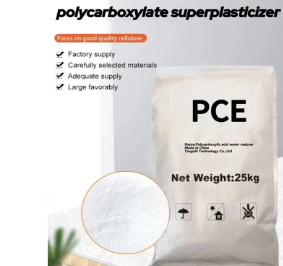
Water reducing admixture has become an essential solution for modern concrete projects. By lo
View More

Water reducing admixture has become an essential solution for modern concrete projects. By lo
View More
Microcrystalline cellulose (MCC) is one of the most practical ingredients for everyday products, fro
View More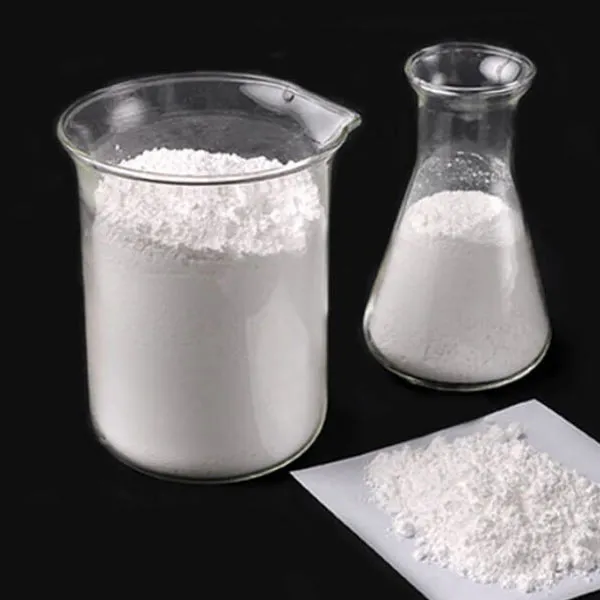
Industry Trends and Market Dynamics The global market for cellulose ethers, p
View More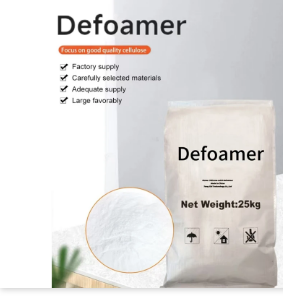
Silicon antifoaming agent is widely used in industrial processes to control unwanted foam. Foam can
View More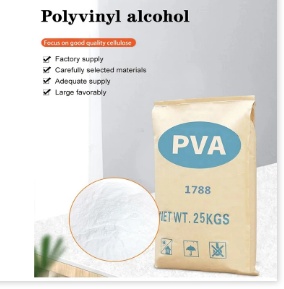
Polyvinyl alcohol for sale has become a practical choice for industries seeking a versatile, water-s
View More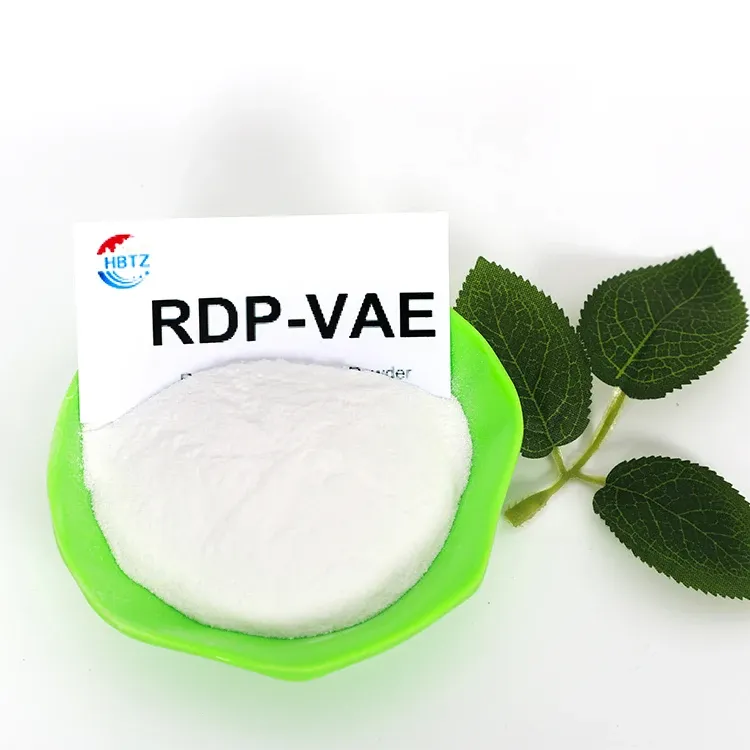
RDP-VAE powder, dispersible polymer powder, redispersible polymer powder, redispersible latex powde
View More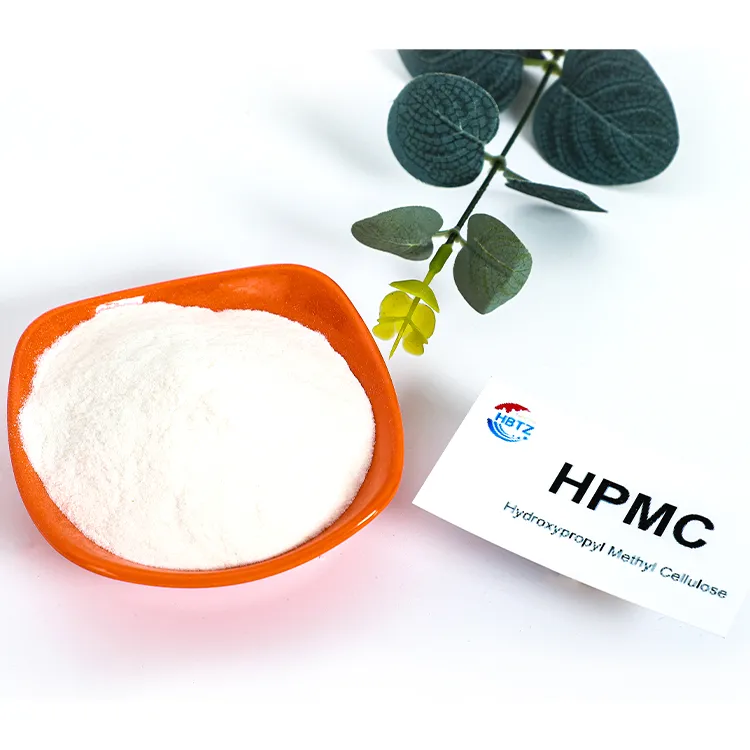
Understanding Hydroxypropyl Methyl Cellulose (HPMC) and its Global Market Hyd
View More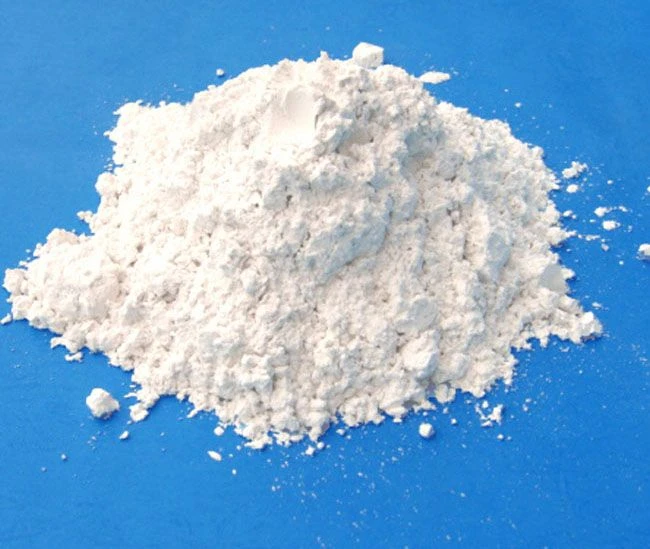
Modified starches are increasingly vital in modern industries, especially in food production.
View More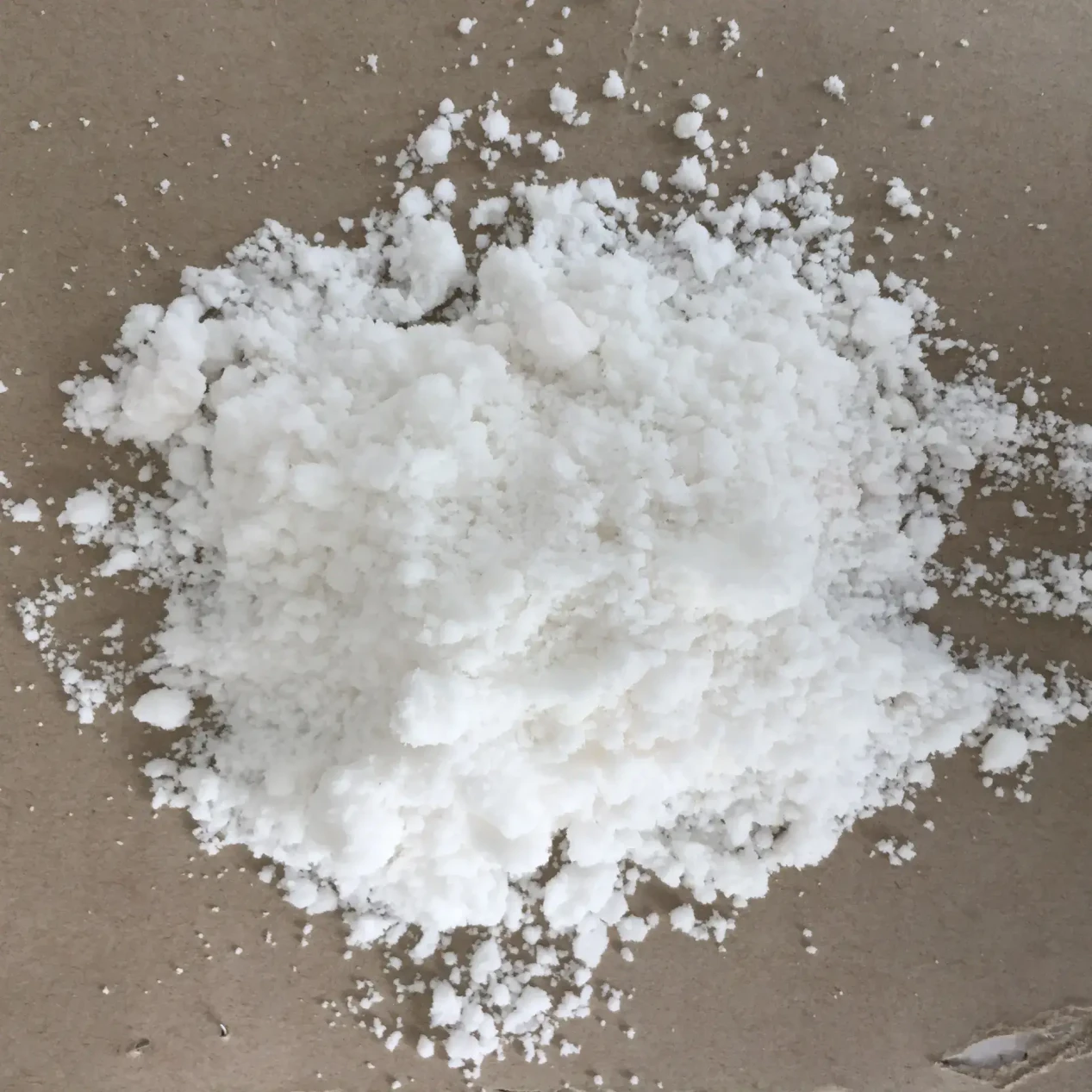
In many industrial processes, the formation of foam can cause serious problems, such as reduced production efficiency and equipment malfunctions.
View More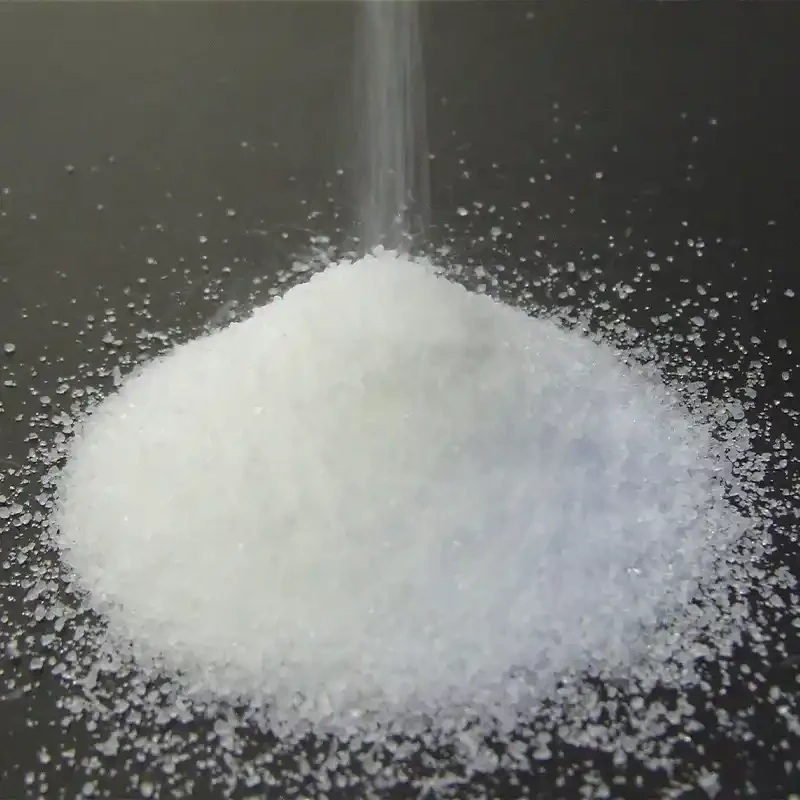
Polyvinyl alcohol (PVA) is a highly versatile material used across multiple industries, from construction to textiles.
View More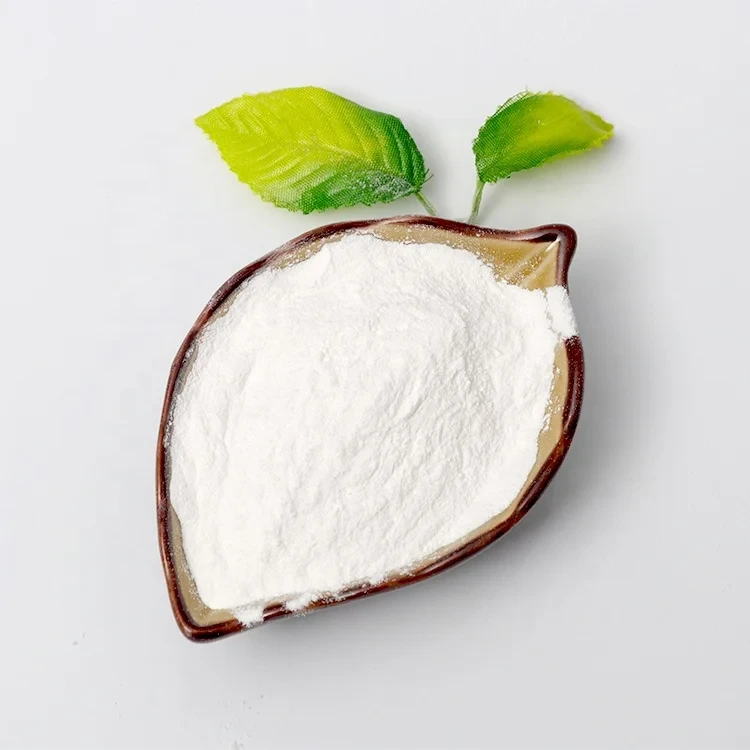
In modern industrial applications, modified starches have become essential ingredients.
View More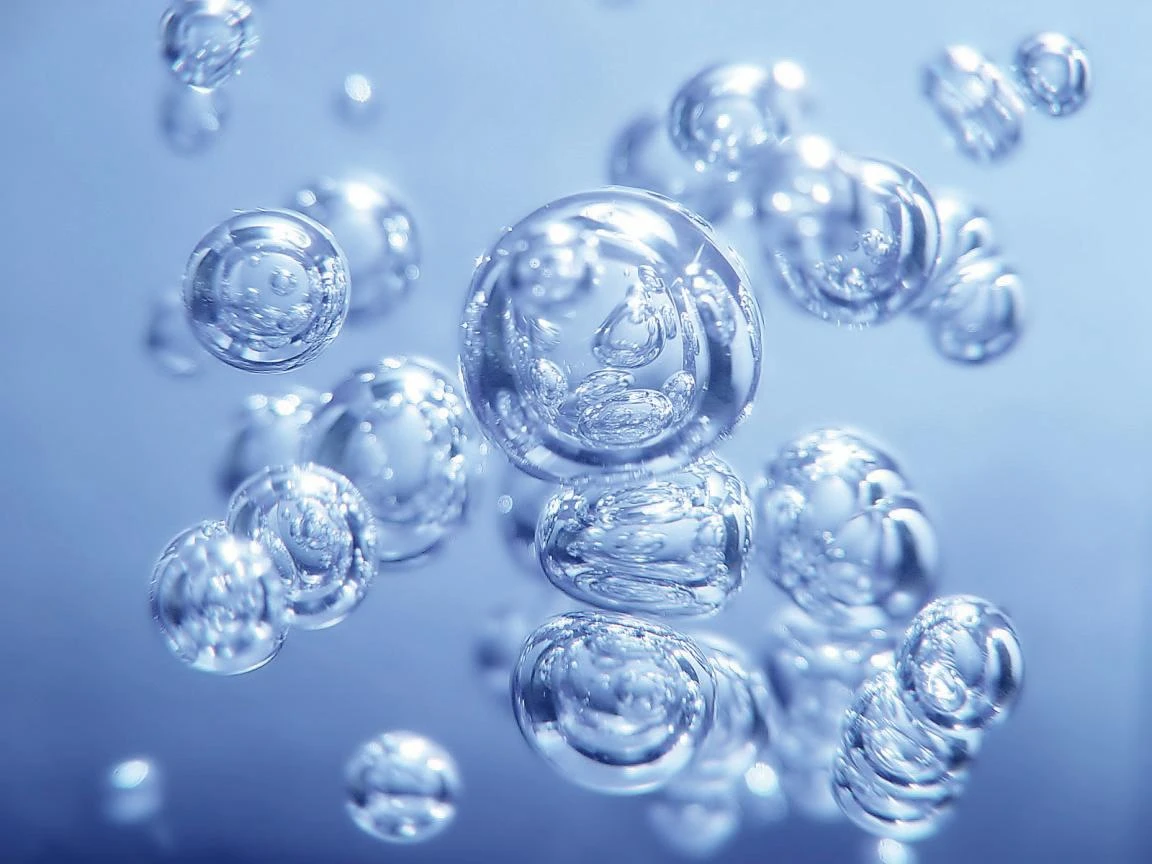
Foam can disrupt manufacturing processes, decrease efficiency, and damage equipment.
View More